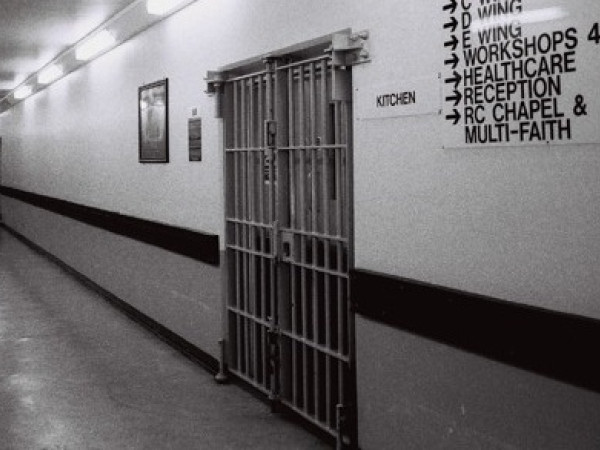
Despite parliament abolishing the unjust Imprisonment for Public Protection(IPP) sentence ten years ago today, more than 3,000 people are still languishing in prison on IPPs.
This is because the abolition only applied to new sentences, and not to those who had already received them.
In September, we called for for all prisoners serving IPP prison sentences beyond the length set by the court to be released “without delay”.
We also called for those prisoners who have not yet served the sentence length set by the court to be given a release date: either through a fresh judicial process, or an executive decision by ministers.
And we argued that reparations should be paid to IPP prisoners, reflecting the failure to “provide programmes or meet known mental health needs, and unjustified time in confinement”.
As we mark the ten years since the incomplete reform of the IPP sentence, and await the government response to an important report on IPP by the House of Commons Justice Committee, we renew these calls.
Speaking today, the Director of the Centre for Crime and Justice Studies said,
The time is long past when the government and parliament should have ended, once and for all, the torment faced by prisoners under the IPP sentence. It cannot be right that prisoners can still be languishing in prison, years after the end of the term set by the court.
This is a problem created by government and parliament, and only they can solve it. The Justice Secretary, Dominic Raab, should indicate that the government is prepared to take the decisive action needed to end the IPP once and for all, and ensure parliamentary time to pass the necessary legislation.
- Watch this short video produced by our partners at UNGRIPP, the United Group for Reform of IPP
- Read this article by UNGRIPP, on the latest legal challenge to the IPP regime